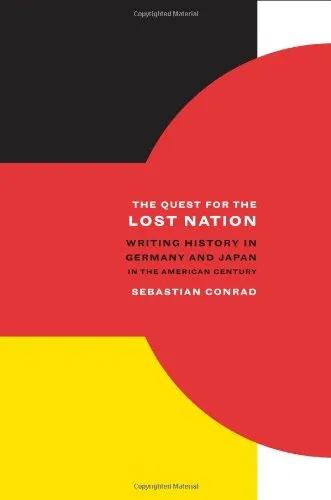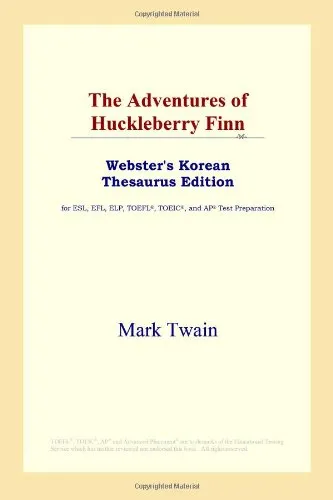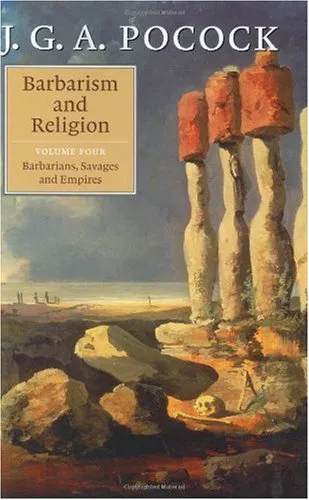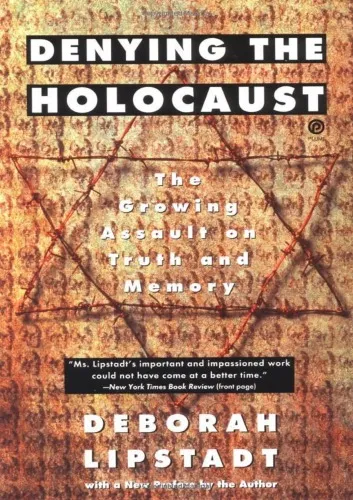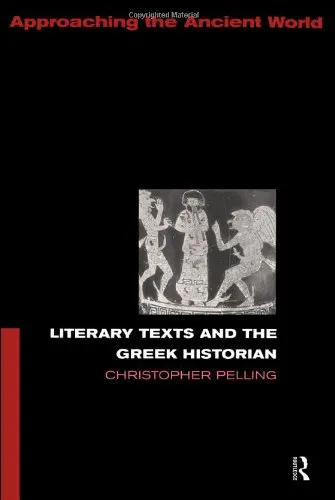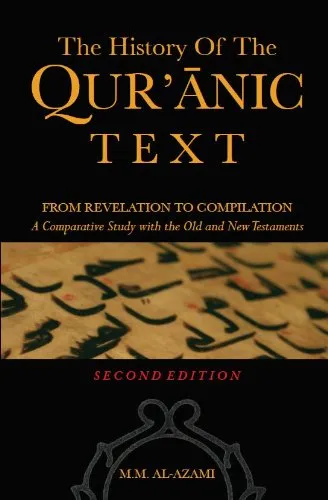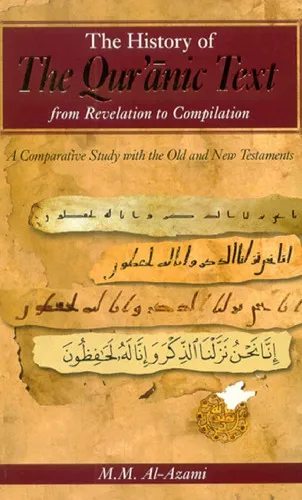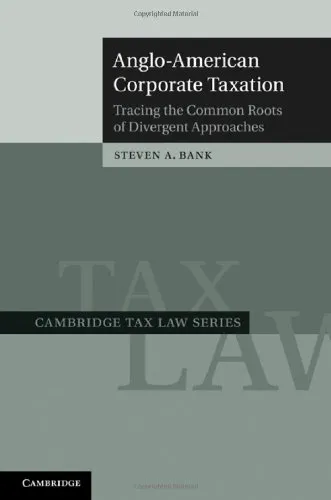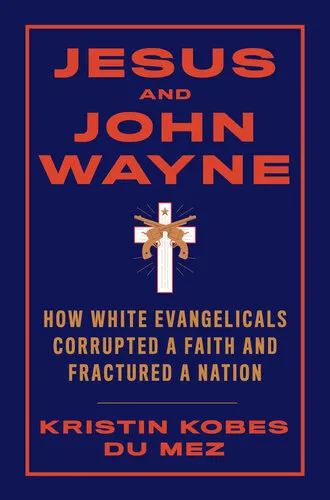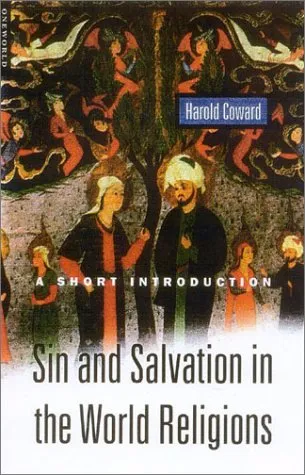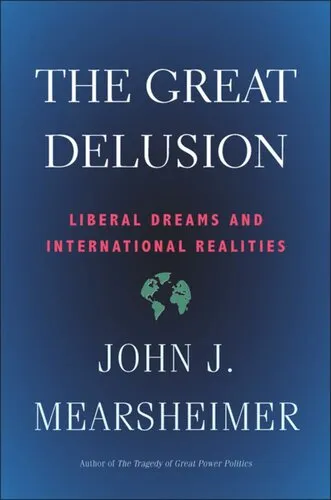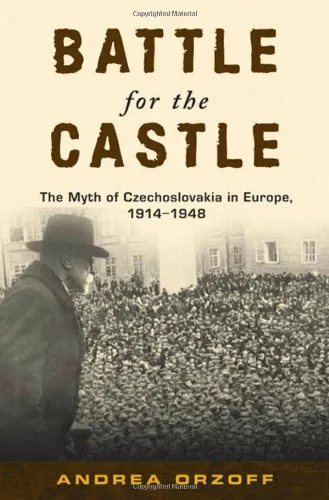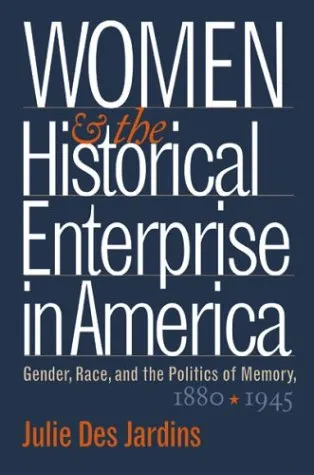The Quest for the Lost Nation: Writing History in Germany and Japan in the American Century (California World History Library)
4.5
Reviews from our users

You Can Ask your questions from this book's AI after Login
Each download or ask from book AI costs 2 points. To earn more free points, please visit the Points Guide Page and complete some valuable actions.Related Refrences:
Introduction
Sebastian Conrad's "The Quest for the Lost Nation: Writing History in Germany and Japan in the American Century" delves into the intriguing post-war narratives of two nations grappling with their tumultuous pasts. This comprehensive examination uncovers the strategies and challenges confronted by historians in Germany and Japan as they sought to reconstruct their national identities following the devastation of World War II. The unique conditions of the American century profoundly influenced this process, making Conrad's analysis crucial for understanding the broader implications of historical memory in shaping national consciousness.
Detailed Summary
In "The Quest for the Lost Nation", Sebastian Conrad traverses the intricate landscape of historical narrative creation in post-war Germany and Japan. These two nations, though geographically distant, share a commonality in their 20th-century experiences: both emerged from the ashes of World War II with a need to redefine their national identities amidst the hyperpowers of the time. Conrad expertly examines how historians in these countries tackled this daunting task. He situates their efforts within the larger narrative of the American century, highlighting how the global supremacy of the United States influenced historiographical developments. Through comprehensive comparative analysis, Conrad showcases the parallels and divergences in how these nations reconciled their pasts with their present realities and future aspirations.
Key Takeaways
- The profound impact of geopolitical influences on national historiography.
- The unique challenges faced by historians in post-war settings.
- The role of national identity in shaping historical narratives.
- An understanding of how Germany and Japan consistently revisited their pasts to forge new national identities.
- The insights into the moral responsibilities of historians in documenting contentious pasts.
Famous Quotes from the Book
"History is not only about what happened in the past, but also about how the past is interpreted and understood in the present."
"In the shadows of global conflict, the narrative of the nation was one not simply of loss, but of relentless questing for meaning and identity."
Why This Book Matters
"The Quest for the Lost Nation" is essential reading for anyone interested in the interplay between history and national identity. Conrad’s comparative approach provides deep insights into how two nations, shattered by war and under the pervasive influence of the United States, navigated the difficult journey of redefining themselves. The book not only enhances our understanding of German and Japanese historiography but also offers broader lessons on the global processes of historical memory and identity formation in the post-war period. It challenges readers to reflect on the contemporary implications of these historical processes and the ongoing quest for national narratives in an ever-globalizing world.
Free Direct Download
You Can Download this book after Login
Accessing books through legal platforms and public libraries not only supports the rights of authors and publishers but also contributes to the sustainability of reading culture. Before downloading, please take a moment to consider these options.
Find this book on other platforms:
WorldCat helps you find books in libraries worldwide.
See ratings, reviews, and discussions on Goodreads.
Find and buy rare or used books on AbeBooks.
1418
بازدید4.5
امتیاز0
نظر98%
رضایتReviews:
4.5
Based on 0 users review
Questions & Answers
Ask questions about this book or help others by answering
No questions yet. Be the first to ask!
